

As long as I can remember, there’s been an argument over policing in the black community. Do police patrol more intensely because the crime rate is higher there, or do higher crime statistics result from heightened levels of policing?


Residents of Montclair, New Jersey are growing concerned about the impact a proposed charter school would have on the town’s public school district.
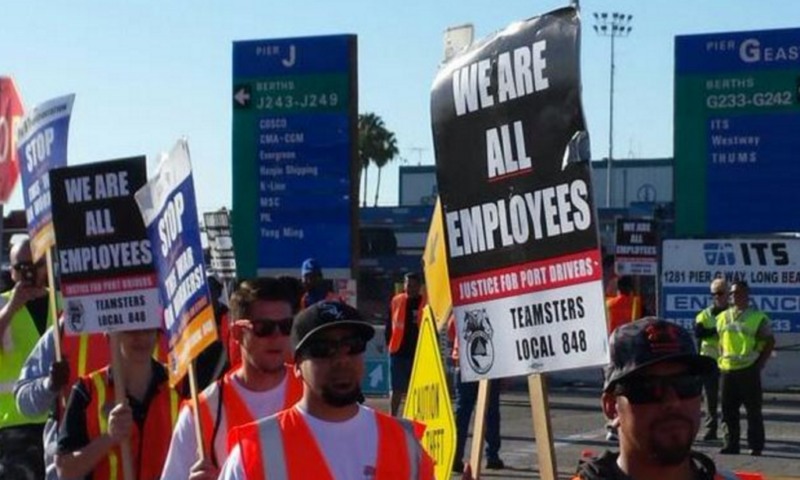
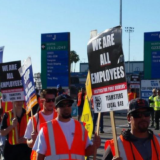
What if millions of American workers were being denied health insurance, job security and the most basic legal protections, from overtime pay to workers compensation to the right to join a union?
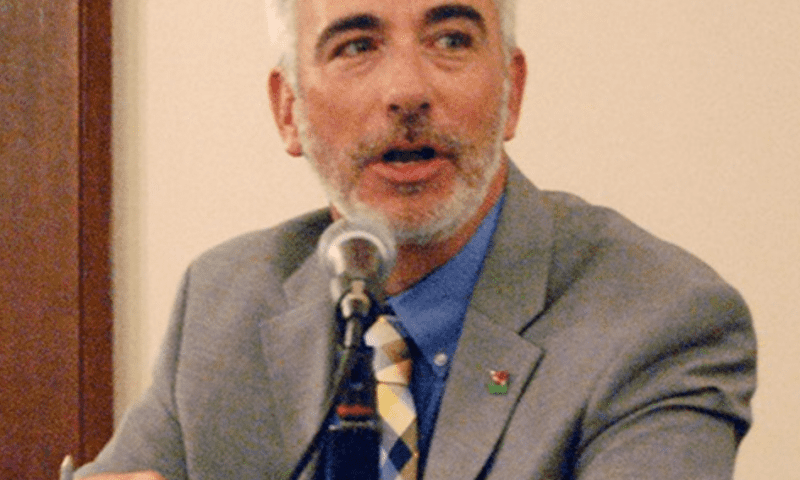
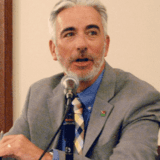
“What’s Next After $15?” a forum recently held by the American Civil Liberties Union’s Pasadena chapter, brought together community organizers and antipoverty activists to discuss the challenges now faced by the City of Roses to implement its new living wage law.
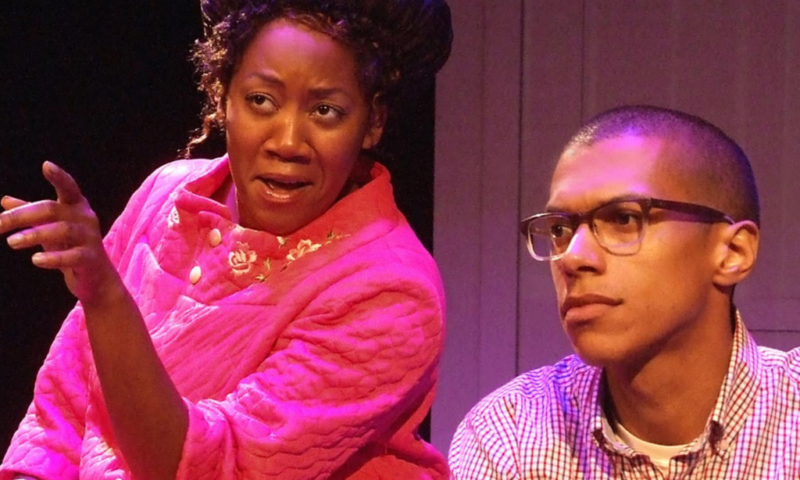
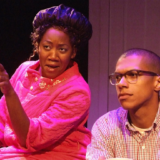
Obama-ology, written by Aurin Squire, takes place in 2008 and revolves around a youthful volunteer for the Obama campaign and the life education he receives from his senior colleagues and the folks in the community where he’s working.
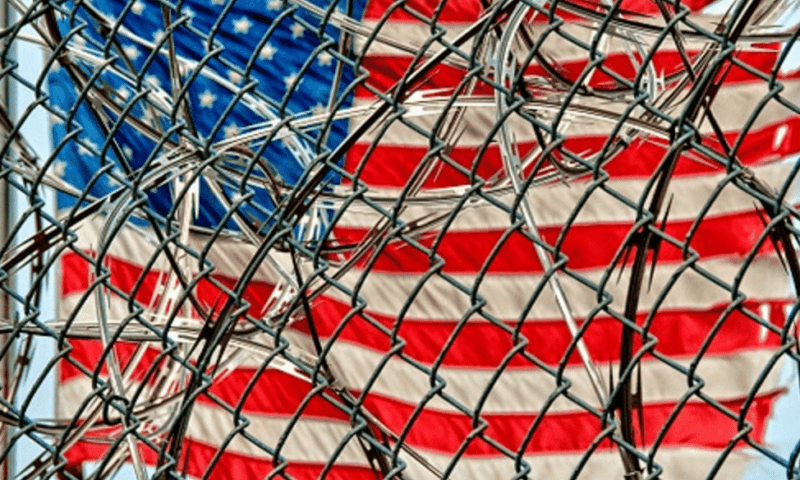
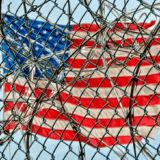
Sometimes knowing where someone stands on an issue is pretty straightforward. We can be sure about this: the private prison industry doesn’t share our goal of ending mass incarceration.


Paul Tullis on the Trump Organization’s latest battle with employees at its Las Vegas resort hotel.
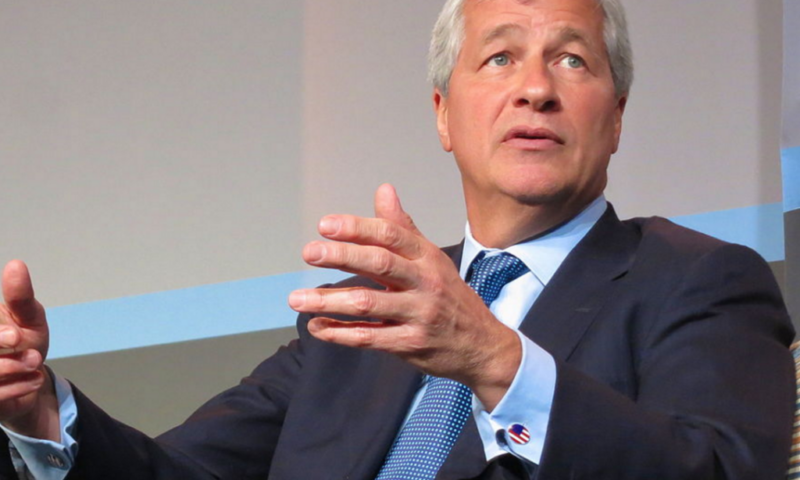

Jamie Dimon, CEO of JPMorgan Chase, knows something about pay increases. Last year, JPMorgan Chase’s board gave Dimon a 35 percent pay increase, from $20 million to $27 million, even though the bank’s profits fell two percent and it laid off 6,671 employees.
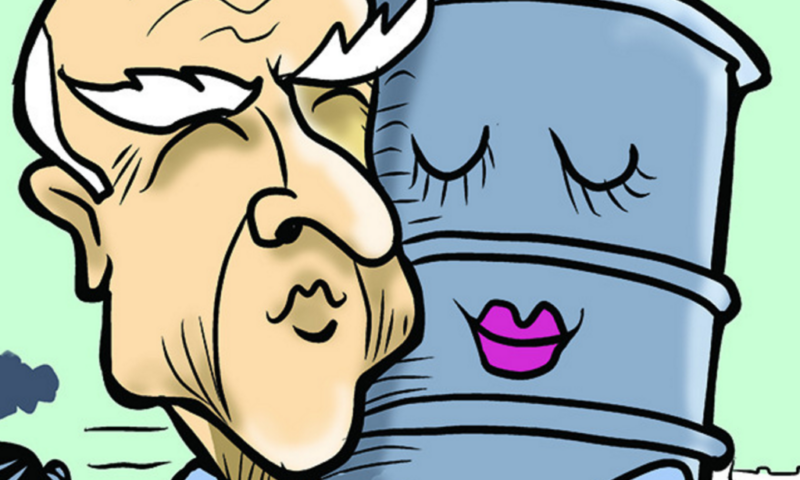

Bill Raden reports how Big Oil is trying to scuttle California’s program to reduce greenhouse gases.
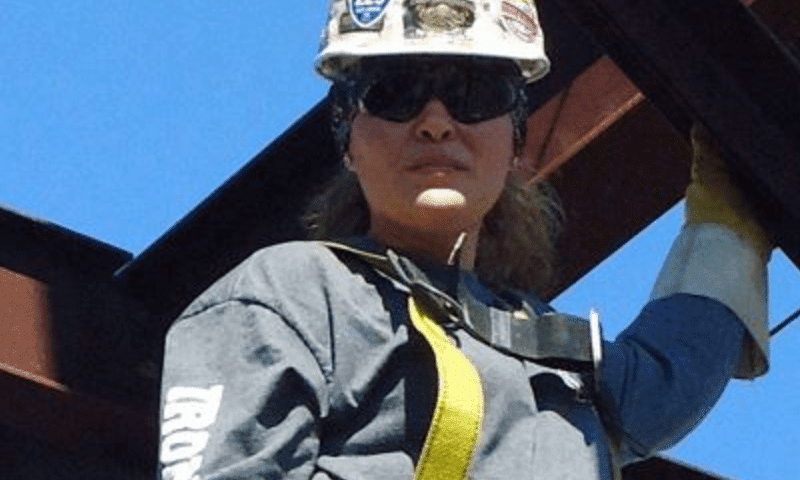
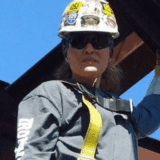
California’s deserts are blooming with windmills and solar farms and, according to a new University of California, Berkeley report, these large-scale projects are creating top quality jobs.